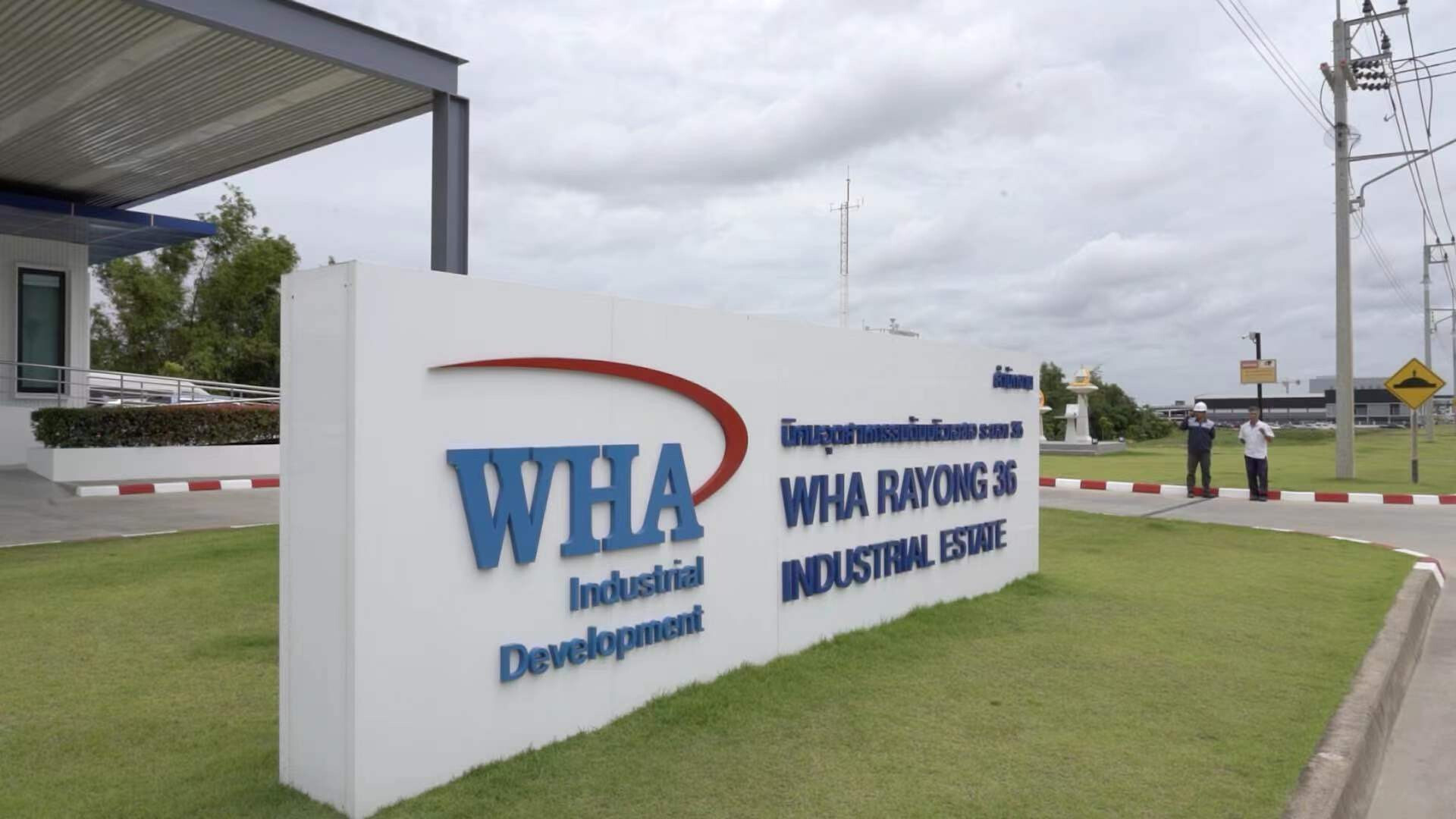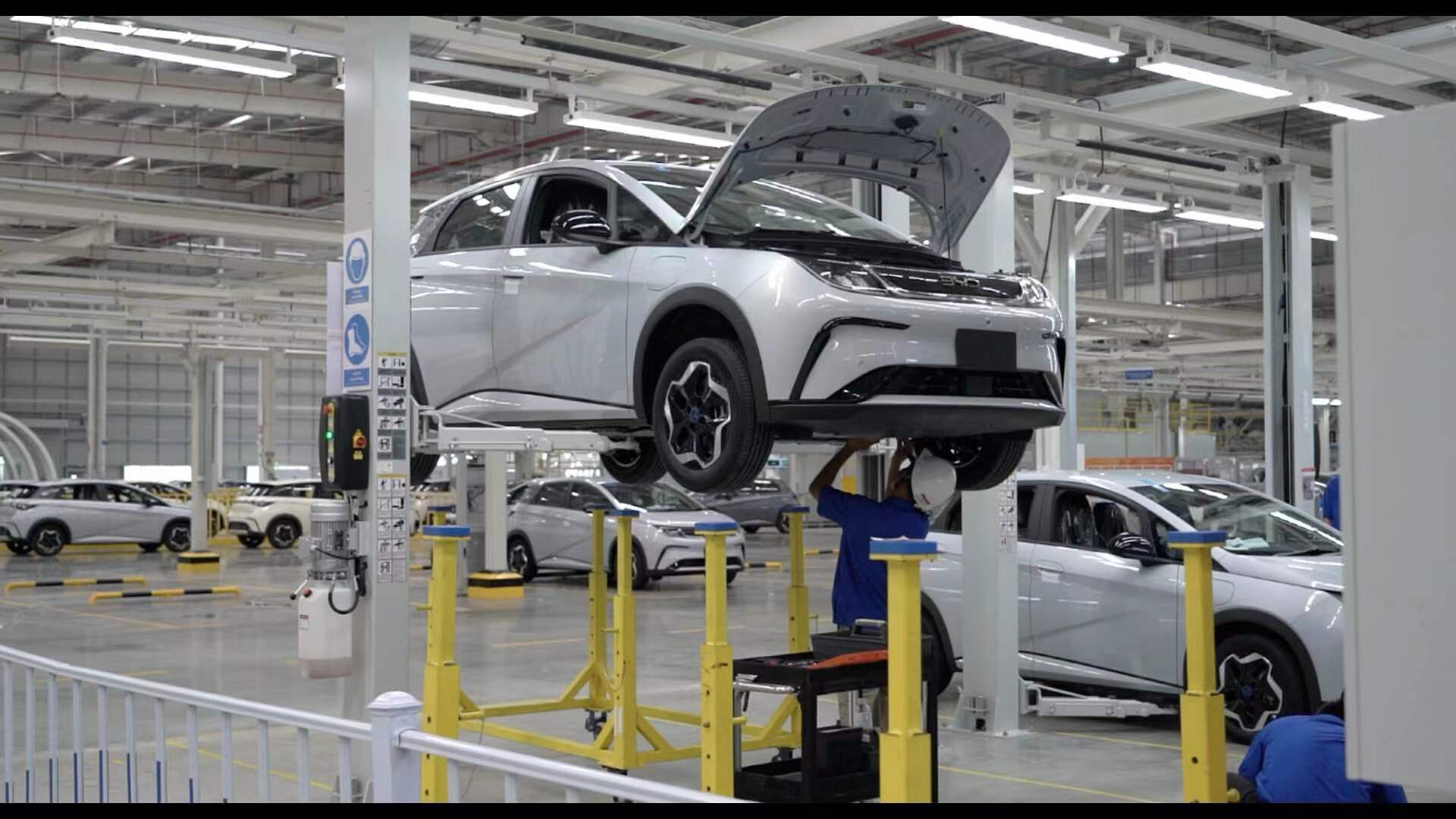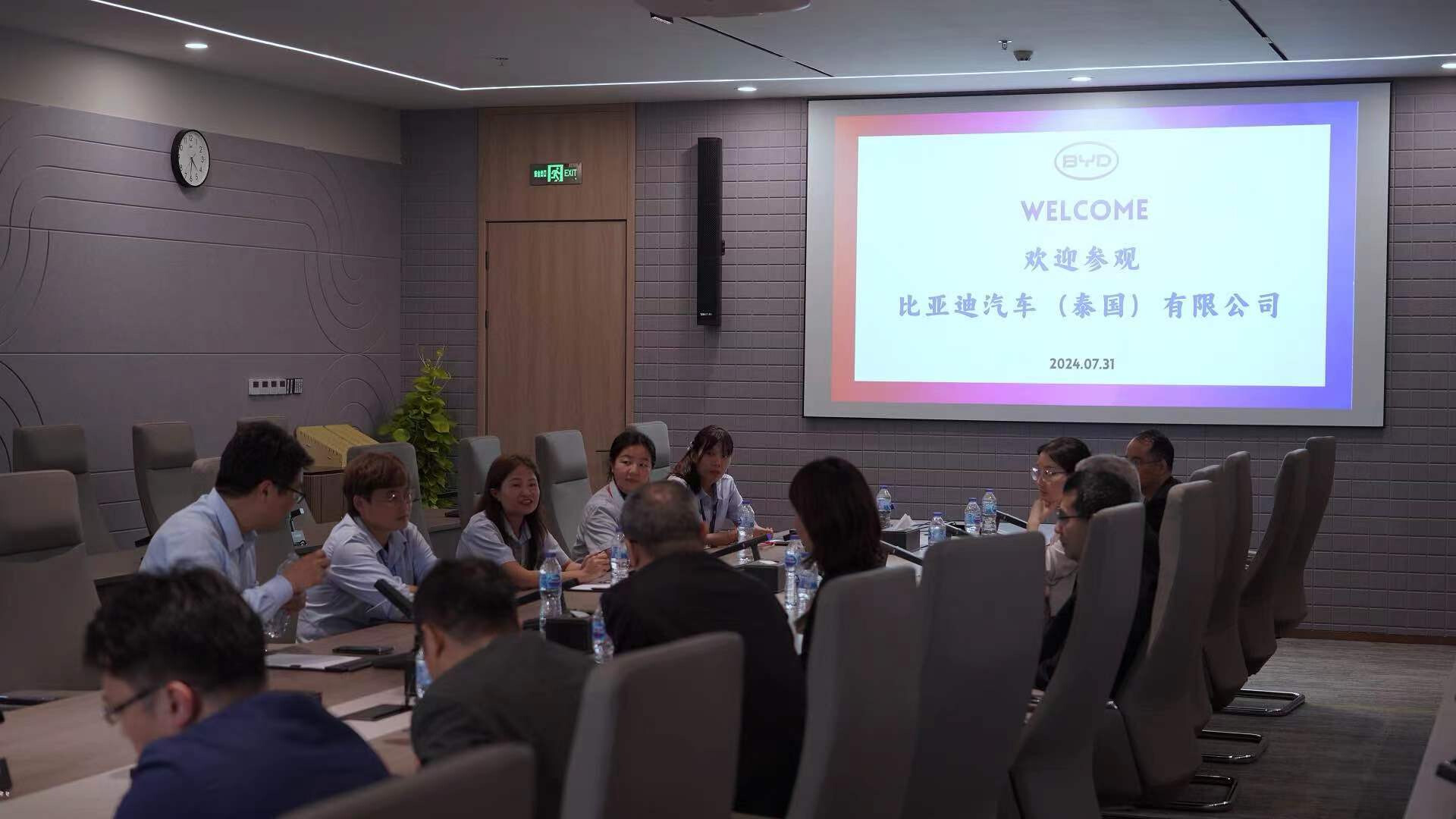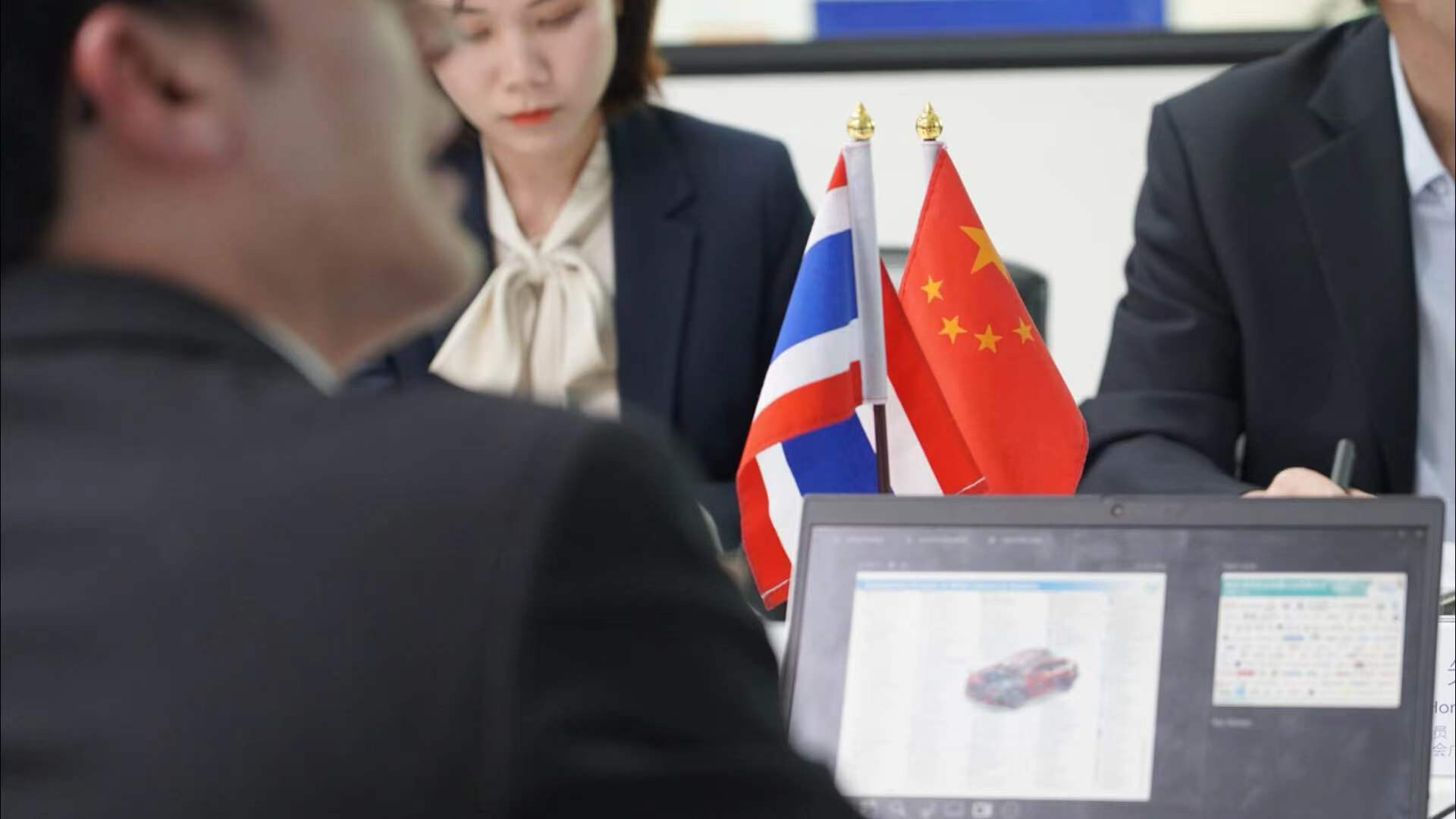A delegation of over 10 representatives from Guangdong government and media continued their visit on the "Enhancing Thai-Guangdong Economic Cooperation In Support of IGNITE THAILAND Vision" Programme on July 31. The programme was organized by the Royal Thai Consulate-General in Guangzhou.
The delegation made their way to WHA Industrial Development PLC, a leading industrial estate in Rayong, home to multiple Chinese brands' overseas factories.

According to representative at WHA, the industrial estate group, which is primarily located on Thailand's Eastern Economic Corridor (EEC), has attracted industrial customers from automotive, petrochemical and other sectors, comprising 886 distinct customers with investment estimate of 33.8 billion dollars.
Much of the focus during the trip was given to the newly unveiled BYD factory located inside the WHA Industrial Development in Rayong. It is also the automaker's first factory in Southeast Asia. The delegation was introduced to the new BYD plant and had a meeting with the BYD group over the EV industrial cooperation between the two countries.

Representative at the BYD factory described the industrial background behind the new vehicle plant in Thailand. "We see in Southeast Asia a fast-growing regional EV market where we seek to become the dominant player. Thailand wants to embrace the tide of EV and is entering a new era of auto manufacturing," he said.
According to BYD, the factory has a maximum production capacity of 150,000 cars per year. As a regional auto assembly and export hub, Thailand has very long been dominated by Japanese car makers such as Toyota Motor, Honda Motor Co and Isuzu Motors. BYD is considered joining in Thailand as a fresh energy.
The new BYD manufacturing base means not just about a move of business ambition, but also a powerhouse for clean energy in Thailand and Southeast Asia as a whole.
"Thailand follows a different growth pattern in terms of EV industry, which is very different from China," Mr. Xiao pointed out. "It only took Thailand two or three years to develop its EV market share at approximately 13%, but for China, it took nearly 20 years to a share of 50%."

He explained that these couple of years, EV products are developing at such a fast pace unseen before, and major brands have set the barometer for EV industry. "As long as there are real good products that flow in, buyers in Thailand or any Southeast Asia countries would say yes," said Xiao.

For Thailand, there is still lots of market potential for EVs. "Before we imagine more private cars that are empowered by electricity, we might start promoting electrical power in public transportation," Xiao suggested a smooth transition for Thailand users before entering a new era of EV.
Reporter | Jersey, Eastbrook
Photo | Eastbrook
Revisor | Steven, James, Abby
















